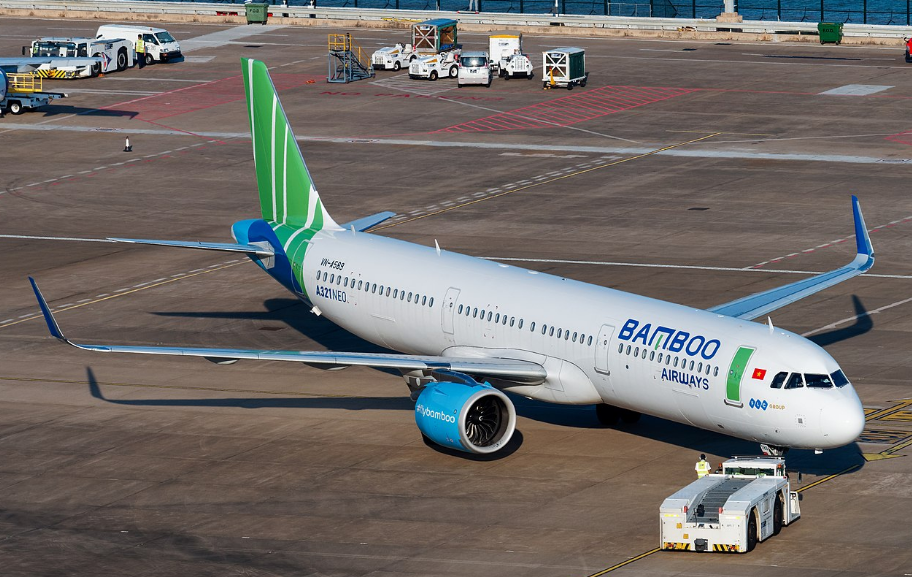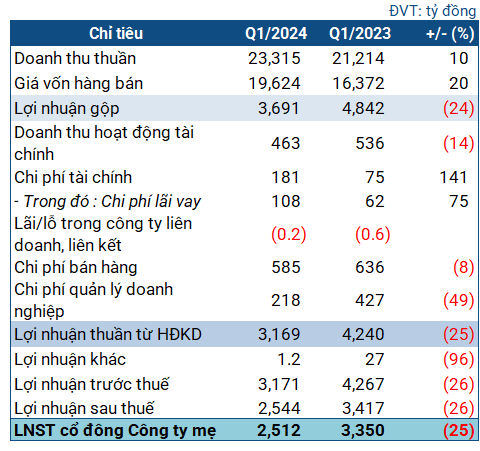The Ministry of Transport (MoT) has just sent a response to a proposal from Bamboo Airways about the construction of an infrastructure project at Tan Son Nhat Airport.
In March 2024, Bamboo Airways sent a document to the MoT, proposing that the ministry approve the investment plan and allow the company to implement the project “building Bamboo Airways’ infrastructure at Tan Son Nhat International Airport”.

Illustrative image
After considering and gathering opinions from relevant agencies, the MoT stated that according to the report of the Civil Aviation Authority of Vietnam (CAAV), the proposed investment location of Bamboo Airways, a 28.8-hectare area north of Tan Son Nhat Airport, has about 5.3 hectares occupied by existing facilities, including:
A wastewater treatment plant and a weather radar of Airports Corporation of Vietnam (ACV), which has been granted long-term use of the land. A bottled water factory and a plant nursery of Saigon Airport Services Joint Stock Company (SASCO), which have been granted annual leases and are required to dismantle and relocate if the government reclaims the land.
The remaining 23.5-hectare vacant area belongs to the Southern Airports Authority.
Therefore, the MoT stated that the proposed investment scale of the project on the 28.8-hectare area in Bamboo Airways’ document was incorrect.
In addition, according to a decision of the MoT approving the adjustment to the detailed master plan of Tan Son Nhat International Airport for the 2021-2030 period, the 23.5-hectare area includes the following facilities: Apron, catering areas (three areas), and service facilities.
Therefore, the MoT stated that the proposal to add other specific items to the 23.5-hectare area, including a cargo terminal, hangar, cargo warehouse, ground equipment parking, etc., is not in accordance with the master plan.
The MoT added that regarding investment in airports, ACV will be responsible for investing in essential facilities under the master plan.
Meanwhile, specialized aviation service facilities, as prescribed by the law on civil aviation, will be subject to competitive bidding to select investors, except for operation control centers of domestic airlines at airports.





































